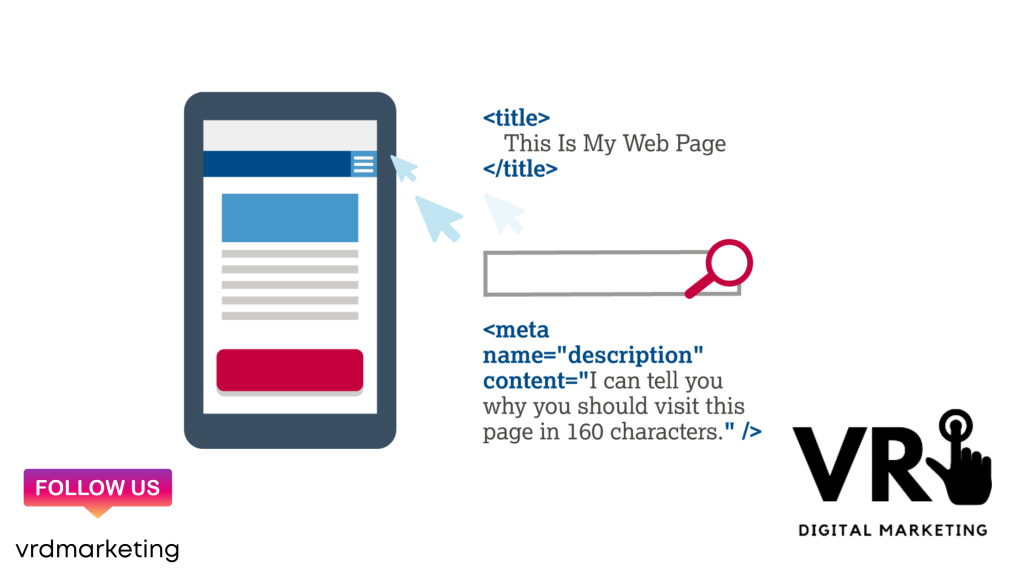
You might know how to write for people, but do you know how to write for machines?
Before any human reader sees your post in their search results, you’ll need to convince the algorithm it’s worth showing to them.
So, what exactly does that mean?
When you publish your blog post, you need to prepare for one special reader who isn’t a part of your audience. That’s the algorithm
To optimize your blog, you should identify and incorporate keywords that are highly relevant to your given topic into your post.
The following suggestions and methods we shared with you in our previous blog post were about how to optimize your website for SEO and conversions, and this is about blog post optimization giving you the best of both worlds.
What is SEO?
Assume you own a fitness center. On your website, you provide nutrition and exercise advice.
You also have an article on how to lose weight. A person seeking a term like “how to lose weight” may have a greater chance of seeing that article—and hence, your brand—if you use appropriate SEO methods.
That is the strength of SEO.
Keywords

Focus on 1-2 long-tail keywords and use them a couple of times in a specific part of your text.
Long-tail keyword – a longer and specific phrase rather than one single word.
There are many terms your potential clients look for but, unless you have a relatively big budget, you shouldn’t go for the obvious ones. Instead, rank for longer keywords and get in front of a particular group of people.
Links

Use hyperlinks leading to other reputable websites as references to what you mention in your blog posts.
Including data or examples in your posts is a very powerful strategy but remember to back them up with sources. It’s not just to avoid taking ownership of other people’s work but also to show the algorithm that your website shares genuine information.
Unique content.

If your article is plagiarized, Google will always favor the original over your version.
Plagiarizing won’t get you far, and Google knows which piece of content got uploaded to the web first. If you copy someone else’s work, they’ll always be higher in the searches.
Structure

Focus on your headlines and subheadings using proper keywords.
When your content is easy to skim for people, it’s even easier for machines to find out what it contains. This higher level of confidence in your blog posts will bring it right in front of the right people, helping both you and your search engine company.
Meta title and description.

Even though they’re slightly more technical aspects of your blog posts, many readers will use them to determine whether your page is worth clicking on.
It might be something more technical, but it’s just as important when it comes to search engine optimization. Even though your meta title and description cannot be longer than 60 and 160 characters, respectively, the amount of traffic they’ll bring is unprecedented.



